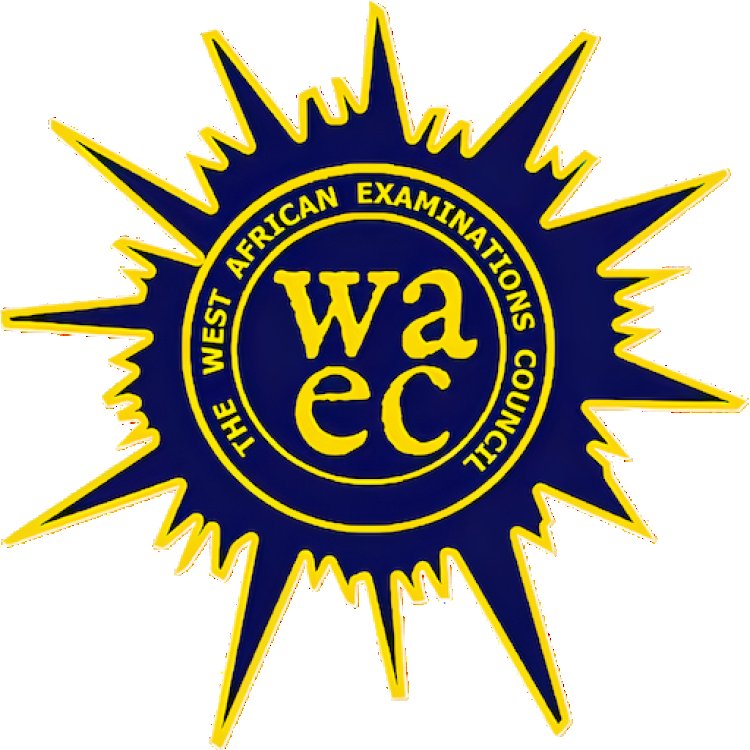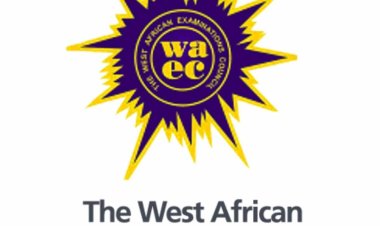Debate Over Minimum Age Policy for WASCE and NECO Exams
The policy requiring students to be at least 18 years old before taking the WASCE and NECO exams has generated considerable debate and reactions.

The policy mandating that students must be at least 18 years old before sitting for the West African Senior School Certificate Examination (WASCE) and the National Examination Council (NECO) exams has sparked significant debate and reactions. While the policy aims to ensure academic readiness, it has raised concerns about its impact on out-of-school children, who already face substantial educational barriers.
For these children, the opportunity to sit for WASCE or NECO exams represents a potential pathway out of poverty. Enforcing an age limit could further disadvantage these students, making it more difficult for them to catch up on lost years of education and limiting their chances of completing secondary education and accessing higher education or vocational training.
The age limit policy also affects students’ access to global opportunities, such as scholarships, international programs, and prestigious fellowships offered by institutions like the World Bank and UNESCO. Many of these opportunities have age-specific eligibility criteria, and delays in completing secondary education could hinder students’ ability to pursue tertiary education at an appropriate age.
To mitigate the negative impacts of the age limit policy, it has been suggested that the government implement a flexible policy that considers individual circumstances. For instance, students who demonstrate academic readiness and emotional maturity could be allowed to sit for the exams regardless of age. This approach would ensure that capable students are not unnecessarily delayed.
Additionally, the government should invest in programs that help out-of-school children catch up on their education, such as accelerated learning programs or alternative schooling models. By providing these students with the necessary resources, the government can help ensure that the new policy does not leave them behind.
Rather than relying solely on age limits to curb exam malpractice, it is recommended that the government invest in more robust security measures, such as biometric verification and digital monitoring. These measures would address the root causes of exam malpractice without penalizing students who are ready to take the exams at a younger age.
By adopting a more flexible approach and investing in supportive measures, the government can achieve its goals of academic integrity and preparedness without compromising access to education and global opportunities for the nation’s youth. Critically assessing and adjusting this policy can better align Nigeria’s educational system with its broader developmental goals, ensuring that all students have the opportunity to succeed both locally and globally

 Salome A.
Salome A. 



